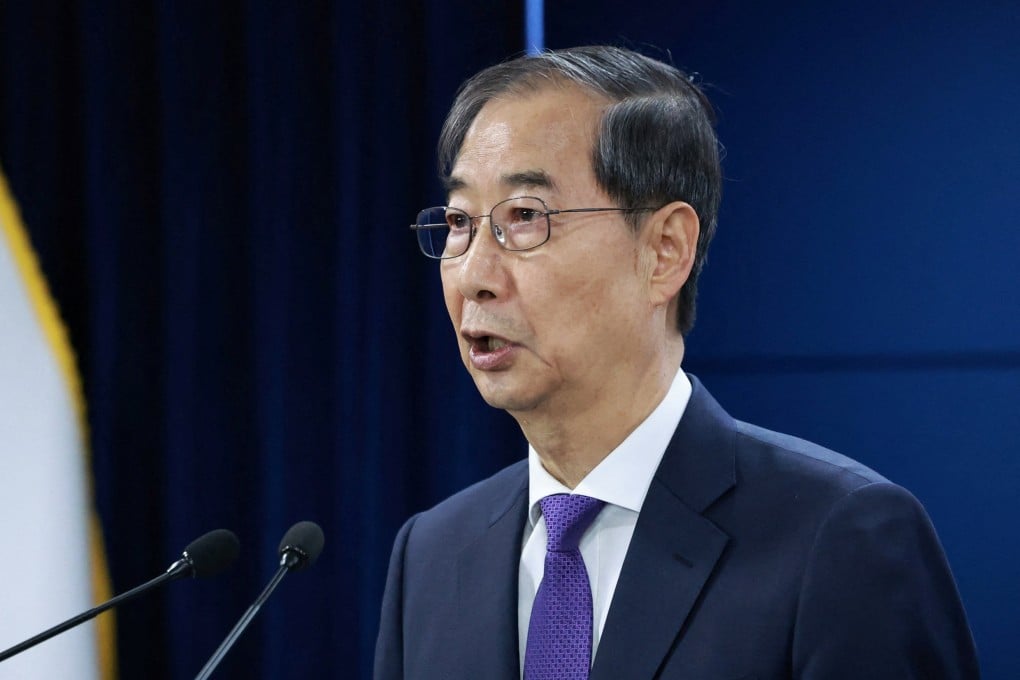By Timothy Odedina A recent viral video sparked outrage across Nigeria, with a woman accusing the Joint Admissions and Matriculation Board (JAMB) of scheduling an examination for 6:30 AM. The claim spread like wildfire, fueling anger and condemnation before anyone bothered to verify its accuracy. Upon investigation, it became clear that the information was false—JAMB had only instructed candidates to arrive early (from 6:30 AM onwards) for verification, with the actual examination starting at 8:00 AM.
googletag.cmd.push(function() { googletag.

display('div-gpt-ad-1718806029429-0'); }); This incident is not an isolated one. It highlights a troubling trend in Nigeria: the rapid spread of unverified information, especially when it paints the government in a negative light. Worse still, some media outlets amplified the false claim, with one national newspaper even declaring, “Nigeria is finished,” based on this unverified report.
Why do Nigerians so readily believe and propagate misinformation? And why is there such selective outrage when similar—or even more stringent—demands from foreign institutions are met without complaint? If the Foreign Embassy scheduled a visa interview for 6:30 AM, many of the same people now criticizing JAMB would arrive by 4:30 AM, pay touts to secure spots in line and even bring their children along without protest. There would be no social media uproar, no accusations of insensitivity—just silent compliance. $(document).
ready(function(){(adsbygoogle = window.adsbygoogle || []).push({})}); This double standard is glaring.
Nigerians endure long queues, early mornings, and even extortion for foreign visas, yet when a national examination body requests punctuality for a critical academic exercise, it becomes a national crisis. Those who sat for JAMB in the past understand that early arrival has always been the norm. In the 1990s and early 2000s, candidates traveled long distances to obtain forms and arrived at exam centres as early as 4:30 AM to secure their spots.
There were no complaints—just determination. Back then, parents did not escort their children to exam centers to “assist” them (a euphemism for aiding malpractice). Students took responsibility for their futures.
Today, however, some parents raising alarms about the 6:30 AM verification are the same ones who would pay huge sums to secure “Special Centres” where results are manipulated. No one denies the current security challenges in Nigeria. However, examinations must still hold, and proper verification is essential to curb impersonation and malpractice.
JAMB’s directive was reasonable: arrive early to complete verification before the 8:00 AM exam. Moreover, candidates were advised to choose centers close to their locations to minimise travel risks. If parents were truly concerned about security, they would prioritize nearby centers rather than seeking “special” (and often fraudulent) arrangements.
A dangerous trend in Nigeria is the “woke” culture that thrives on sensationalism rather than facts. Many people no longer seek the truth—they simply react to headlines that align with their biases. Opportunistic politicians and social media influencers exploit these moments to gain relevance, further polarizing society.
$(document).ready(function(){(adsbygoogle = window.adsbygoogle || []).
push({})}); The same parents who protest JAMB’s timing will wake their children at midnight for religious vigils without a second thought. Why is education—the very key to their future—treated with such disdain? Nigeria’s education system has its flaws, but not every policy is an attack on citizens. Before spreading outrage, Nigerians must: Verify information; a simple fact-check would have debunked the false 6:30 AM exam claim.
Avoid hypocrisy; if we can comply with foreign institutions’ strict demands, why not our own? Stop politicising education; malpractice and “special centres” harm students more than early verification ever could. JAMB’s request was not unreasonable. Let’s focus on real issues—like exam fraud and poor infrastructure—rather than manufactured controversies.
The future of Nigeria’s youth depends on a system that works; undermining it with false outrage helps no one. $(document).ready(function(){(adsbygoogle = window.
adsbygoogle || []).push({})}); Enough is enough. • Odedina sent this piece from Abeokuta, Ogun State.
The post JAMB controversy: Reflection on Nigeria’s culture of misinformation, selective outrage appeared first on The Sun Nigeria..
Politics

JAMB controversy: Reflection on Nigeria’s culture of misinformation, selective outrage

By Timothy Odedina A recent viral video sparked outrage across Nigeria, with a woman accusing the Joint Admissions and Matriculation Board (JAMB) of scheduling an examination for 6:30 AM. The claim spread like wildfire, fueling anger and condemnation before anyone bothered to verify its accuracy. Upon investigation, it became clear that the information was [...]The post JAMB controversy: Reflection on Nigeria’s culture of misinformation, selective outrage appeared first on The Sun Nigeria.















